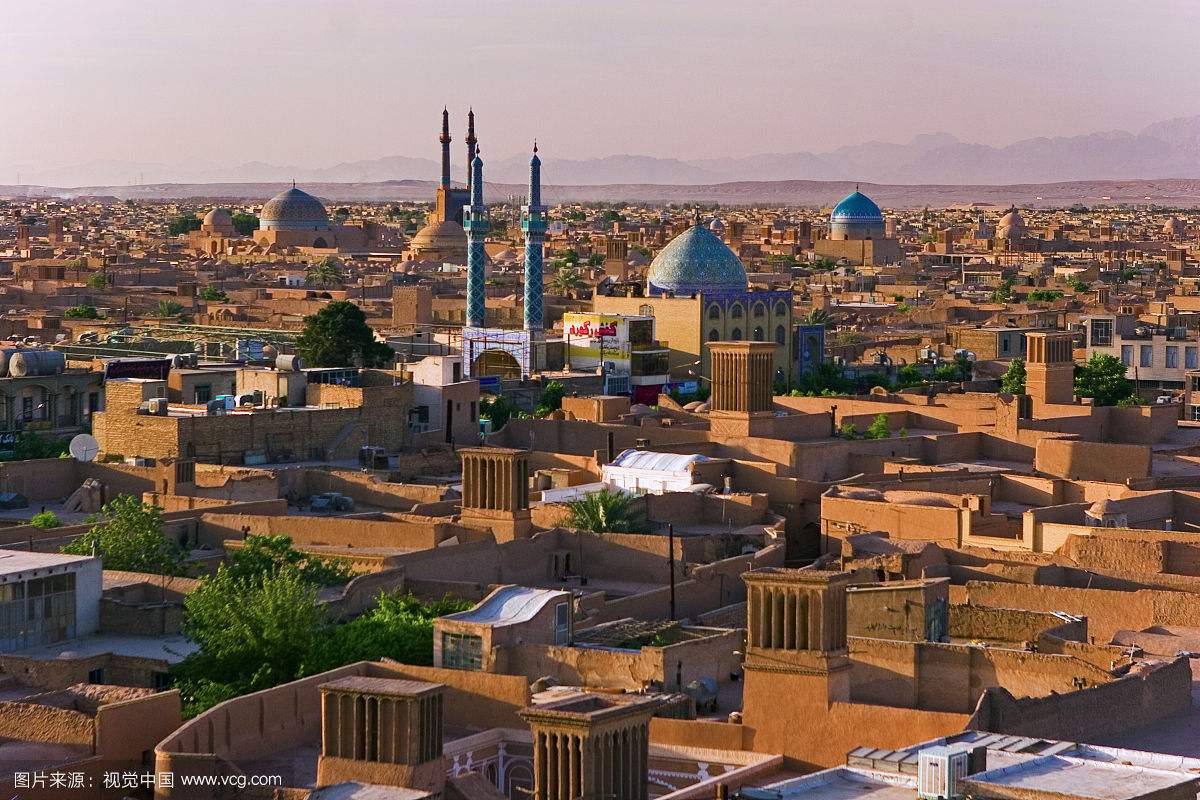U.S. resumes sanctions against Iran, hundreds of large companies have withdrawn

- Date: Nov 12, 2018
- Comments: no comments
- Categories: News
The United States resumed unilateral sanctions against Iran on the 5th, focusing on the energy sector. US officials have revealed that since President Trump announced in May this year that the United States has withdrawn from the Iranian nuclear agreement, Iran has lost billions of dollars in oil revenue.
According to the “Lianhe Zaobao” reported on the 7th, the US Iranian Special Representative Brian Hook said that the sanctions on Iranian crude oil led to a reduction of 1 million barrels of Iranian oil supply on the market. This alone led to a reduction in Iranian oil revenues by 20%. One hundred million U.S. dollars.
Hook did not explain the data further. But at current prices, if Iran’s daily oil exports are reduced by 1 million barrels, its monthly income will be reduced by about $2 billion.
The United States restarted a new round of sanctions against Iran on the 5th. The sanctions are mainly aimed at Iran’s energy industry and oil trading. However, China, South Korea, India, Japan, Italy, Turkey, Greece and Taiwan are temporarily exempted from importing Iranian oil.
Hook pointed out that Washington does not believe that the resumption of sanctions on Iranian oil will have a negative impact on the market with sufficient and balanced supply. He said: “About 20 countries that imported Iranian oil before May, Iranian oil imports have been reduced to zero because of sanctions. More than 100 large companies have already withdrawn their operations from Iran or canceled investment plans, which led to Iran. Losing tens of billions of dollars in investment.”
Trump said on the 5th that he hopes to gradually implement sanctions on the Iranian oil industry in order to avoid the impact of the energy market, which in turn will lead to rising global oil prices. He told reporters: “With regard to oil, this is very subtle. We have implemented the most severe sanctions in history, but in terms of oil, we hope to be a little slower because I do not want to push up global oil prices.”
Iranian Foreign Minister Zarif said in an interview with the US media that Iranian diplomacy is “flexible”. If the US changes its approach to the Iranian nuclear agreement, Iran is willing to negotiate with the US on the basis of mutual respect.
According to analysis, the United States temporarily allowed Iran’s three civilian nuclear facilities to continue to operate, exempting eight Iranian crude oil importers, basically covering Iranian oil major buyers. These initiatives left room and time for the two countries to seek possible compromises.
It is reported that before the US withdraws from the comprehensive agreement on the Iranian nuclear issue, the Iranian economy is already in trouble. Iran’s local currency, the rials against the US dollar, has repeatedly fallen from the end of last year, and the official exchange rate has depreciated by more than 300%, pushing up the domestic inflation rate.
Despite strong sanctions and extreme pressure from the United States, the possibility of an internal collapse of the Iranian regime remains low. According to Xinhuanet, the Iranian government’s control over society is still strong. At the end of the year and the beginning of the year, anti-government demonstrations and even conflicts occurred in many Iranian cities. The speed of the spread was fast, and it was not unrelated to the various political factions in the country trying to use the people’s grievances to engage in political struggles. But the situation has not gone out of control, the riots have quickly subsided, and they have come quickly. So far only sporadic demonstrations have survived.
Second, thanks to the state-owned oil and gas resources, the Iranian government has strong economic control. Although it is impossible to change the long-term decline of the Rial, after entering October, the Iranian government has intervened in the foreign exchange market several times to arrest illegal traders suspected of sinking and speculating, and to prevent the Rial from depreciating too quickly. In addition, although the technical level of the Iranian industrial system is backward, it is relatively complete. Economical cars and other low-end industrial products and agricultural and sideline products are basically self-sufficient, and the energy supply is cheap and sufficient, and will not be trapped by sanctions.
The analysis pointed out that the United States unilaterally withdrew from the Iranian nuclear agreement, but the agreement is still supported by other countries, especially the United States, in the traditional allies of Europe. As long as it stays in the Iranian nuclear agreement, Iran will have room to use Europe to switch.







No Comments Yet.